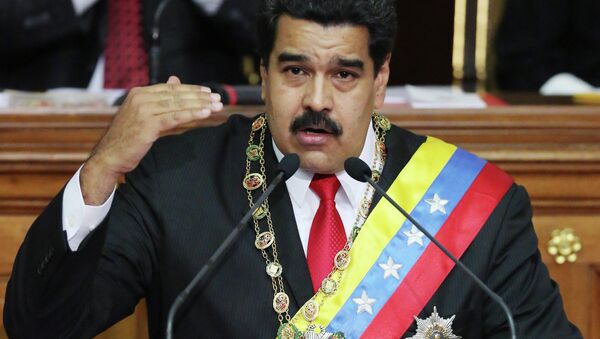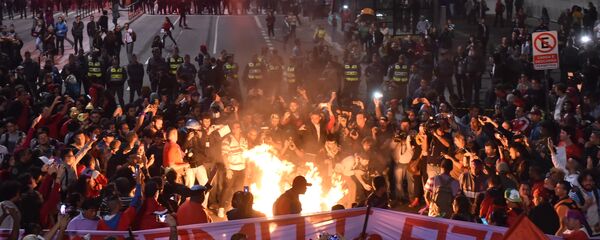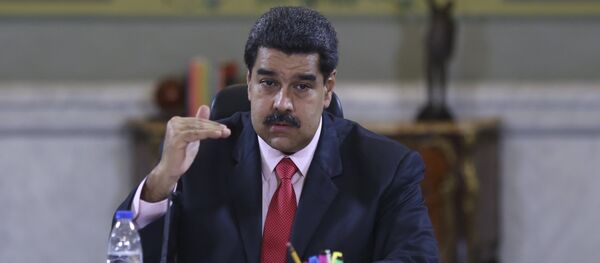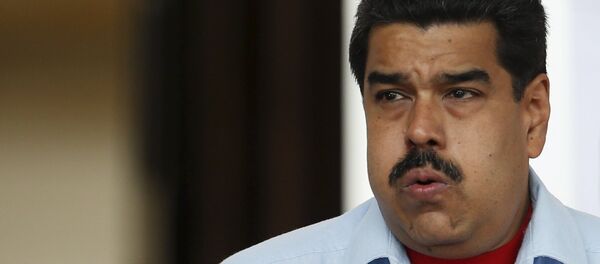Under Venezuelan legislation, the referendum should be conducted by January 10, 2017 to make possible Maduro’s ousting and the launching of new presidential elections. Otherwise, the current leader would have to appoint his vice-president as a new president leaving Socialists in the Latin American nation in power.
The National Electoral Council (CNE) so far hasn’t determined the deadline for the new petition which could cause delays in the process, Financial Times reported. On Tuesday the council announced that the required amount of votes will not likely be gathered to hold elections by January.
Maduro, speaking during his televised address on Tuesday, predicted that his rivals from Democratic Unity Roundtable (MUD) Party “will be defeated by the conscience of a majority of the people."
"We're going to guarantee peace, independence, political sovereignty and the Bolivarian revolution" the Venezuelan president declared.
Henrique Capriles, the opposition politician called the council’s statement "an exercise in cynicism and lies" and called on people to take to the streets in a bid to accelerate the legal arrangements for conducting a referendum in 2016.
"It [CNE] knows very well that blocking the constitutional and democratic path places Venezuela in a highly dangerous situation," Capriles said.
Venezuela, which is heavily dependent on oil sales revenues, has been in a state of emergency since the beginning of 2016. The country’s opposition blames the shortages of food in the country on Maduro, while he says that the West is responsible for the crisis in the country.





